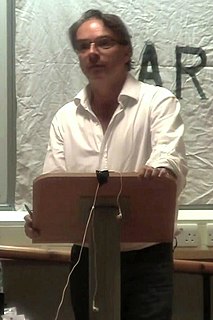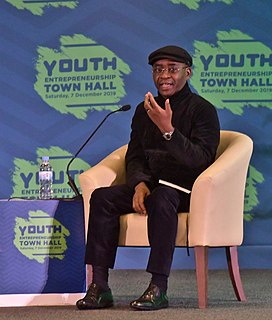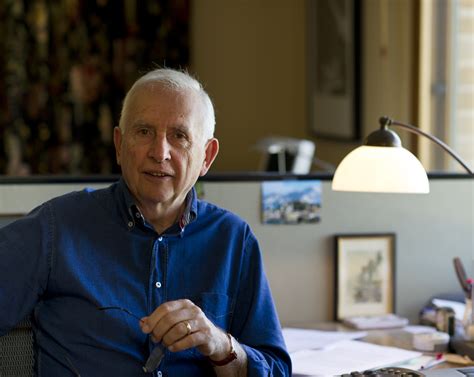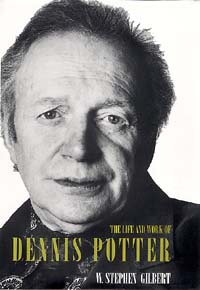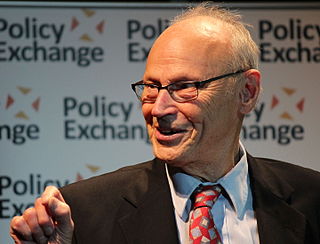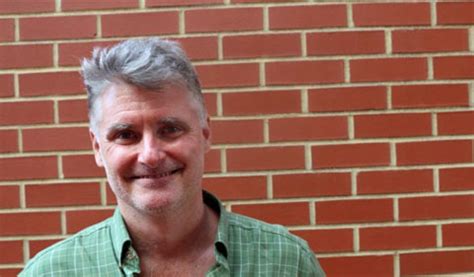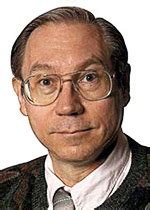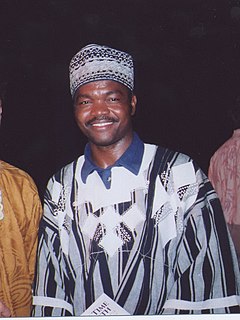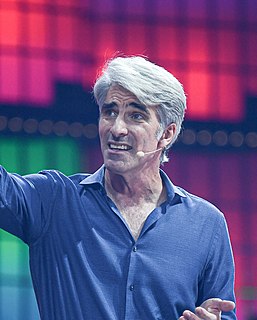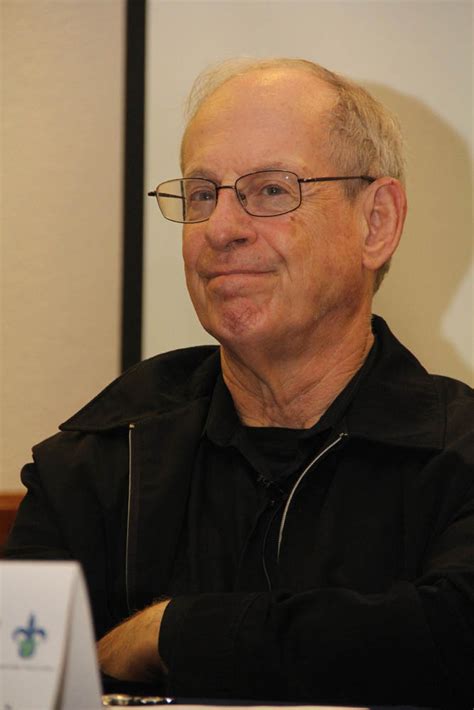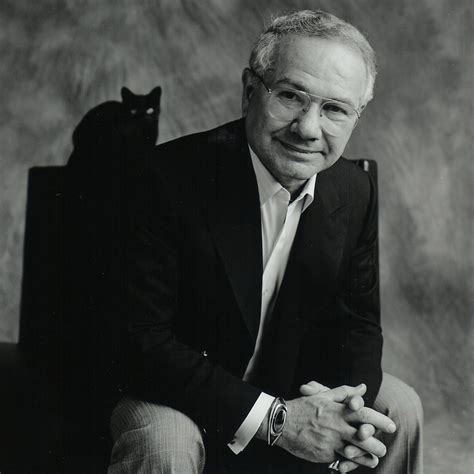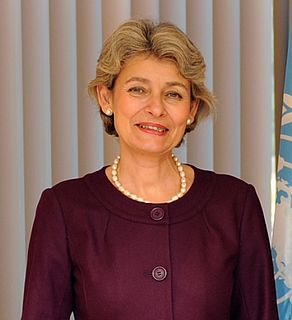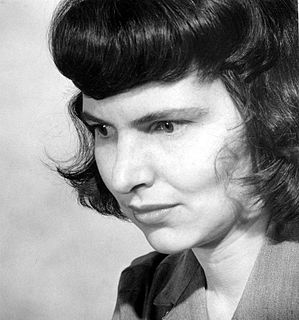Top 368 Literacy Quotes & Sayings
Explore popular Literacy quotes.
Last updated on April 14, 2025.
In terms of my profession, I'm passionate about financial literacy. I want to live in a financially literate society. I want kids to understand the importance of savings and investing. I want to try to replicate the great savers who came out of the Depression, the best savers the country has ever seen. It's crucial that people understand the importance of financial literacy, because it's actually life saving.
Financial literacy is not an end in itself, but a step-by-step process. It begins in childhood and continues throughout a person's life all the way to retirement. Instilling the financial-literacy message in children is especially important, because they will carry it for the rest of their lives. The results of the survey are very encouraging, and we want to do our part to make sure all children develop and strengthen their financial-literacy skills.
The link between literacy and revolutions is a well-known historical phenomenon. The three great revolutions of modern European history -- the English, the French and the Russian -- all took place in societies where the rate of literacy was approaching 50 per cent. Literacy had a profound effect on the peasant mind and community. It promotes abstract thought and enables the peasant to master new skills and technologies, Which in turn helps him to accept the concept of progress that fuels change in the modern world.
During the Jim Crow era, poll taxes and literacy tests kept the African-Americans from polls. But today, felon disenfranchisement laws accomplished what poll taxes and literacy tests ultimately could not, because those laws were struck down. But felony disenfranchisement laws had been allowed to stand.
The Harper Government is committed to ensuring that seniors have the skills they need to make solid financial choices. Seniors today face an increasingly complex financial marketplace, and it will take the combined efforts of public and private sector organizations to help seniors navigate the many financial choices they face. The start of Financial Literacy Month is an excellent opportunity to thank the Canadian Bankers Association and encourage other private sector organizations to take an active role in providing financial literacy support to Canada's seniors.
We don't invest in financial literacy in a meaningful way. We should be teaching elementary school children how to balance a checkbook, how to do basic accounting, why it's important to pay your bills on time. First, education. Begin the learning process as early as possible, in elementary school. Second, encourage and support entrepreneurism. Third, policy. I know it's a priority of the US Treasury to augment financial inclusion and increase financial literacy.
It is my vision that we all will dedicate the next decade to achieve universal literacy and education for all children, especially for girls. More than 145 million of the world's children are deprived of education due to poverty, exploitation, slavery, gender discrimination, religious extremism, and corrupt governments. May Three Cups of Tea be a catalyst to bring the gift of literacy to each of those children who deserves a chance to go to school.
Literacy is a bridge from misery to hope. It is a tool for daily life in modern society. It is a bulwark against poverty, and a building block of development... For everyone, everywhere, literacy is, along with education in general, a basic human right.... Literacy is, finally, the road to human progress and the means through which every man, woman and child can realize his or her full potential.
I would teach how science works as much as I would teach what science knows. I would assert (given that essentially, everyone will learn to read) that science literacy is the most important kind of literacy they can take into the 21st century. I would undervalue grades based on knowing things and find ways to reward curiosity. In the end, it's the people who are curious who change the world.
There?s a clear and strong connection between fertility reduction and women?s literacy and empowerment, including women?s gainful employment. If you look at the more than 300 districts of India, the strongest influences in explaining fertility variations are women?s literacy and gainful economic employment.
At the 1894 ALA conference it was fairly well agreed that the primary goal of the public library must be to teach good citizenship. Libraries recognized that such "Americanization" could be achieved through literacy. Thus, teaching immigrants to read was not just a benefit in and of itself; literacy would also serve the interests of democracy.
By 1940 the literacy figure for all states stood at 96 percent for whites. Eighty percent for blacks. Notice for all the disadvantages blacks labored under, four of five were still literate. Six decades later, at the end of the 20th century, the National Adult Literacy Survey and the National Assessment of Educational Progress say 40 percent of blacks and 17 percent of whites can't read at all. Put another way, black illiteracy doubled, white illiteracy quadrupled, despite the fact that we spend three or four times as much real money on schooling as we did 60 years ago.
We should think about what we mean by literacy. If you say, "He's a very literate person," what you really mean is that he knows a lot, thinks a lot, has a certain frame of mind that comes through reading and knowing about various subjects.The major route open to literacy has been through reading and writing text. But we're seeing new media offer richer ways to explore knowledge and communicate, through sound and pictures.
Historically the customs and traditions of day-to-day life in Africa have been dismissed by Western cultural anthropologists as primitive, chaotic, pagan activities that should be replaced by Christianity, the only civilized religion. The West has also long assumed that it should convert tribal cultures to literacy, which is to say an entirely different way of looking at the world, of living in the world. Most Africans who have achieved a comfortable Western lifestyle are Christian. Why? Because it comes with the package: Christian-ity, literacy, and a material lifestyle all come together.
In Selma, Alabama, in 1965, only 2.1 percent of blacks of voting age were registered to vote. The only place you could attempt to register was to go down to the courthouse. You had to pass a so-called literacy test. And they would tell people over and over again that they didn't or couldn't pass the literacy test.
If you look at literacy tests in the South, for example, they were absurdly difficult and didn't measure literacy. They were simply measuring whether or not you were black. So at every moment when we've said, hey, we don't want certain people to vote because they are not educated enough, it is often simply become a way of excluding black and brown people.
Literacy is part of everyday social practice - it mediates all aspects of everyday life. Literacy is always part of something else - we are always doing something with it. Its what we choose to do with it that is important. There are a range of contemporary literacies available to us - while print literacy was the first mass media, it is now one of the mass media.




